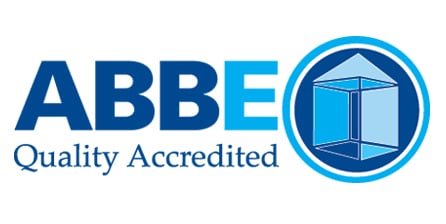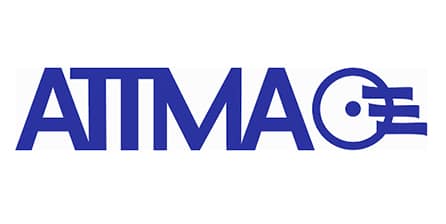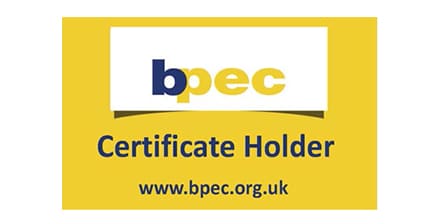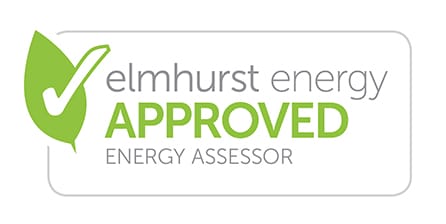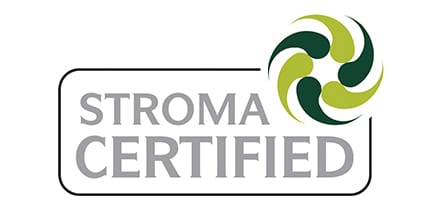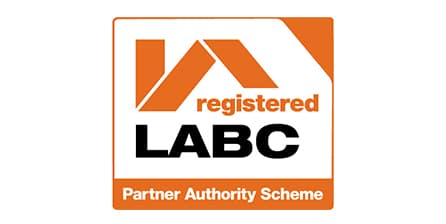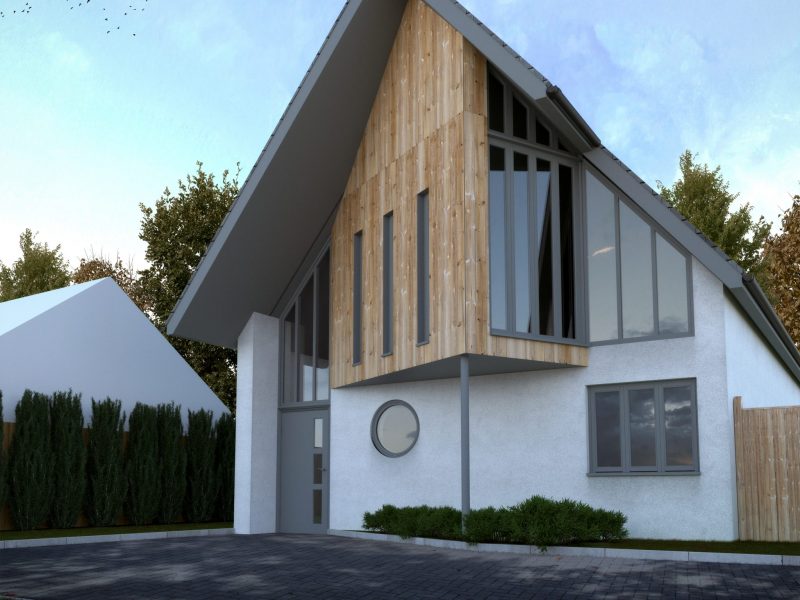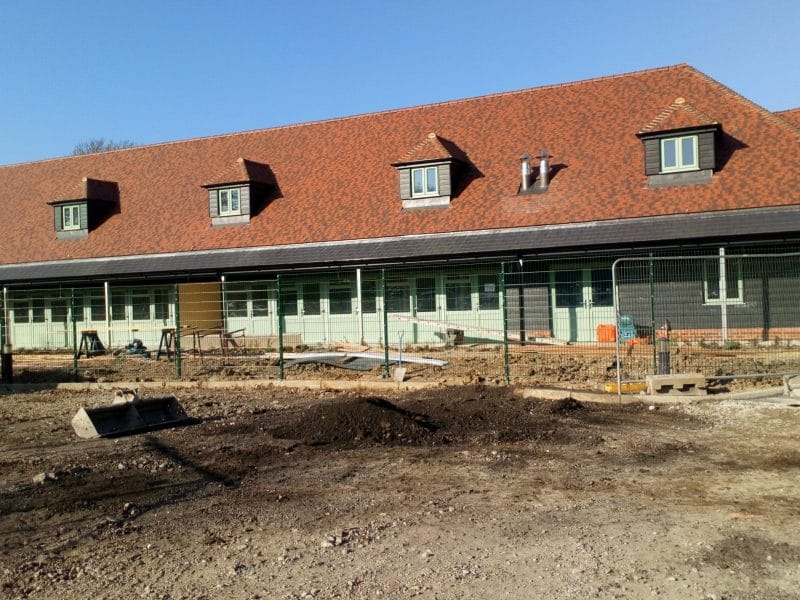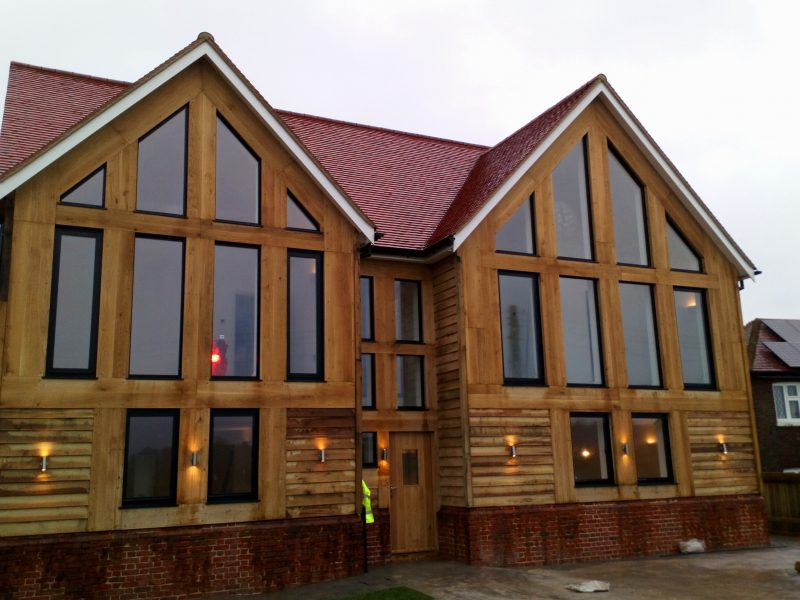Fully accredited SAP and EPC Calculations to comply with Building Regulations
S.E.A are certified SAP Assessors for any size of residential dwelling project. SAP Calculations are a Building Regulations requirement and are required for all newly built dwellings.
A SAP assessment must be completed on all new build properties at design stage and then an EPC at the end of construction must be produced in order for the dwelling to comply with building regulations Part L1a.
SAP and EPC
SAP is the assessment procedure. EPC is the certificate that is produced from the SAP assessment at the end of a project. Both elements are linked but are separate entities, as the EPC is produced based on the results of the SAP assessment which indicates the energy use and CO2 emissions that a building produces.
In order for us to carry out a SAP assessment we will need the following:
- A set of Plans and Elevations to scale
- The Construction Specification for each dwelling
In order to produce an EPC we will need the following:
- A set of As Built Plans and Elevations to scale
- The As Built Construction Specification for each dwelling
- The Air leakage test results
- A Signed developer statement
- Signed Accredited Construction Details (ACD’s). A full list of these can be found on our checklist page
The SAP process
The SAP assessment in detail
How Does SAP Work?
SAP works by assessing how much energy a dwelling will consume, when delivering a defined level of comfort and service provision. The assessment is based on standardised assumptions for occupancy and behaviour. This enables a like-for-like comparison of dwelling performance. Related factors, such as fuel costs and emissions of carbon dioxide (CO2), can be determined from the assessment.
SAP quantifies a dwelling’s performance in terms of: energy use per unit floor area, a fuel-cost-based energy efficiency rating (the SAP Rating) and emissions of CO2 (the Environmental Impact Rating). These indicators of performance are based on estimates of annual energy consumption for the provision of space heating, domestic hot water, lighting and ventilation. Other SAP outputs include estimate of appliance energy use, the potential for overheating in summer and the resultant cooling load.
When should you carry out a SAP Calculation?
It is best to carry out a SAP calculation at the earliest stage of the design. This will allow the assessor to let you know how the development will perform. Should it not meet the standard required, then S.E.A will be able to let you know what will need to be done to achieve the standard required, a successful outcome and the EPC.
Should you not carry out the SAP assessment before you start on site, there is a risk the development may not pass building regulations Part L1a. Any failure in the required standard may lead to costly alterations to work you have already completed.
The final stage of the SAP assessment is then completed post construction and is known as the ‘As Built SAP’. Once this has been completed then the final stage EPC can be produced and issued. The final EPC along with the ‘As Built SAP’ will sign off the development under Part L1a of building regulations.
Who is able to carry out a SAP calculation?
Anyone can carry out a SAP calculation, but the assessor has to be accredited to be able to lodge the final Energy Performance Certificate (EPC) at the end of a project. Although anyone can carry out an assessment, they are calculated in a precise way and you will need to have access to up to date software to get an accurate assessment.
SAP calculations can be complex, and the processes involved are very specific. It is always advisable to use a qualified assessor. At S.E.A, we have many years of experience in carrying out these assessments, and the knowledge to carry them out in line with the code of practice.
Speak to a qualified expert today
We believe in making things easier for our clients by providing a cost effective ‘one stop shop’ for building compliance.
Testimonials
Our approach is to provide an excellent customer experience through efficiency, reliability, knowledge and professionalism.
WW Martin
"We have worked closely with Tom & Kevin on many commercial and residential projects for both SBEM & SAP’s and onsite air and sound test and find their approach practical in meeting our objectives."

Red Key Concepts
"We have been delighted with the wide range and highly professional services that SEA Building Compliance have offered to us in a selection of our development projects. Specifically they have provided us with a high quality SAP, SBEM, air and sound testing solutions within our residential and commercial builds and at every stage of the build to ensure that we achieve compliance."

Kudos Surveying
"I just wanted to thank you and your team for the excellent service we and our clients have received from SEA Building Compliance Limited. We particularly appreciate all the hard work you all put in to meet our sometimes ridiculous deadlines and of course all of the solutions you put forward to assist the projects. This is a tribute to the quality of your team and the services provided, we have enjoyed working with you all and the opportunity that has presented to use your extensive range of professional services to provide solutions to our technical problems. Once again, thank you and all of the team that have worked on our projects and we hope to continue working closely together in the future. "
BBS Construction Ltd
"We have appointed SEA Building Compliance on several housing and commercial projects and have always found them to be professional and very knowledgeable in building compliance testing, consultation and certification. We have no hesitation in recommending them to others and continue to utilise their expertise on our own developments. "

Ashford Borough Council
"We are proud to have had a long association with S.E.A Building Compliance Ltd who we use for thermal calculations as well as sound and air testing. This supplements the building consultancy and building regulation services we offer making a much more complete ‘one stop shop’ for our clients. As such S.E.A are considered to be part of our team. We find the service to be extremely professional and approachable and at a value that results in no need for us to look elsewhere."


Speak to an expert about you compliance and testing requirements
